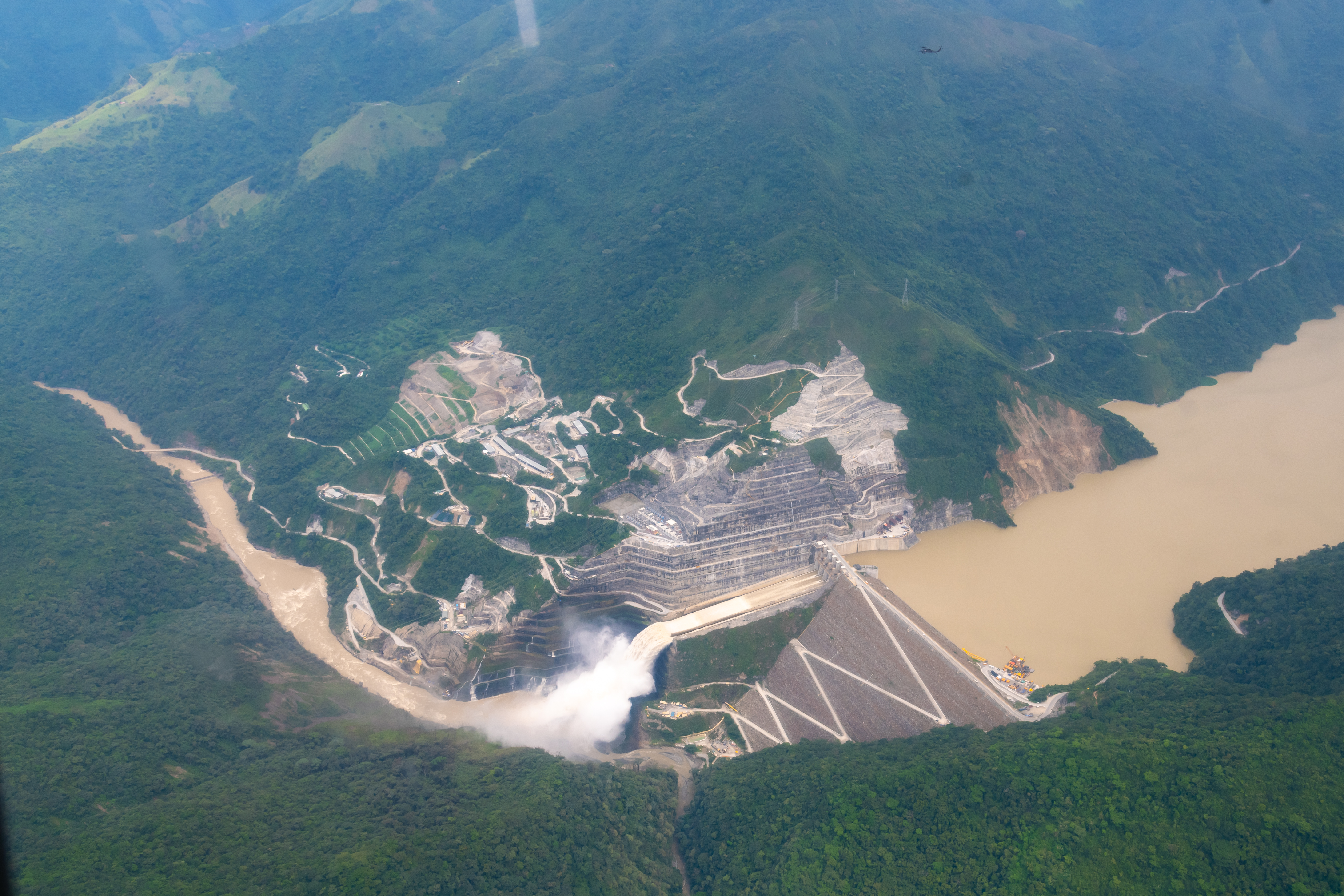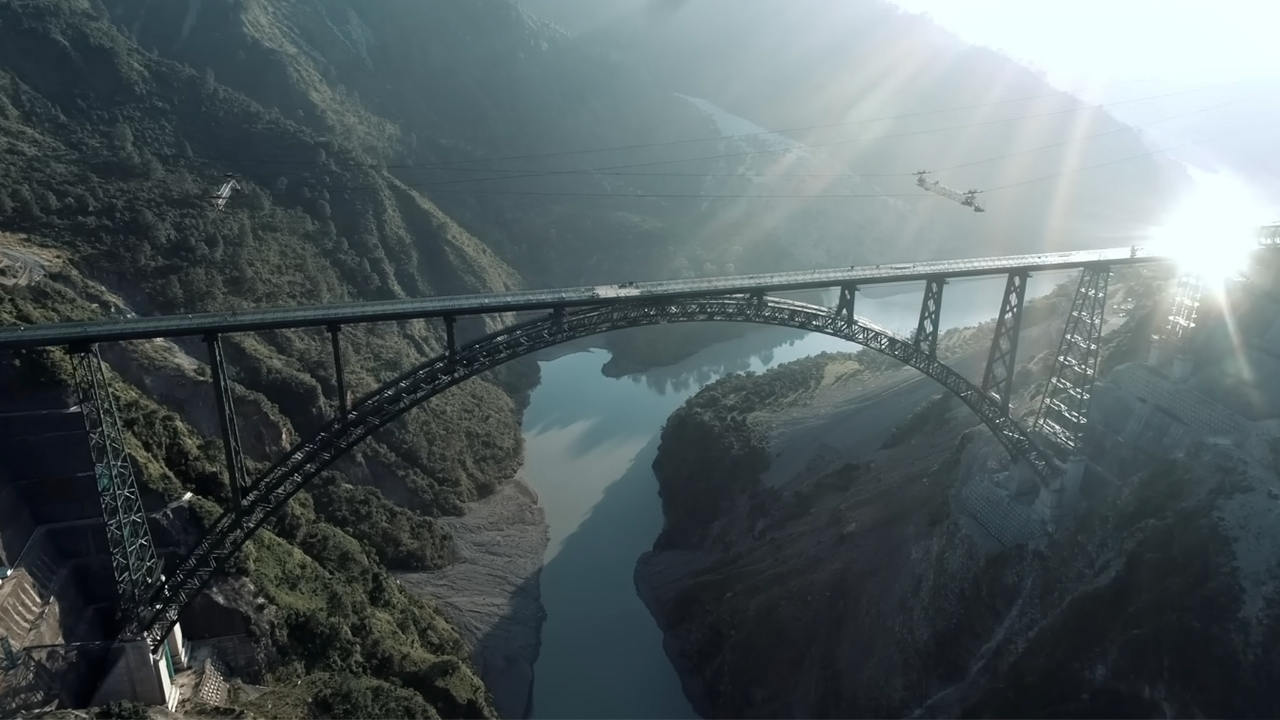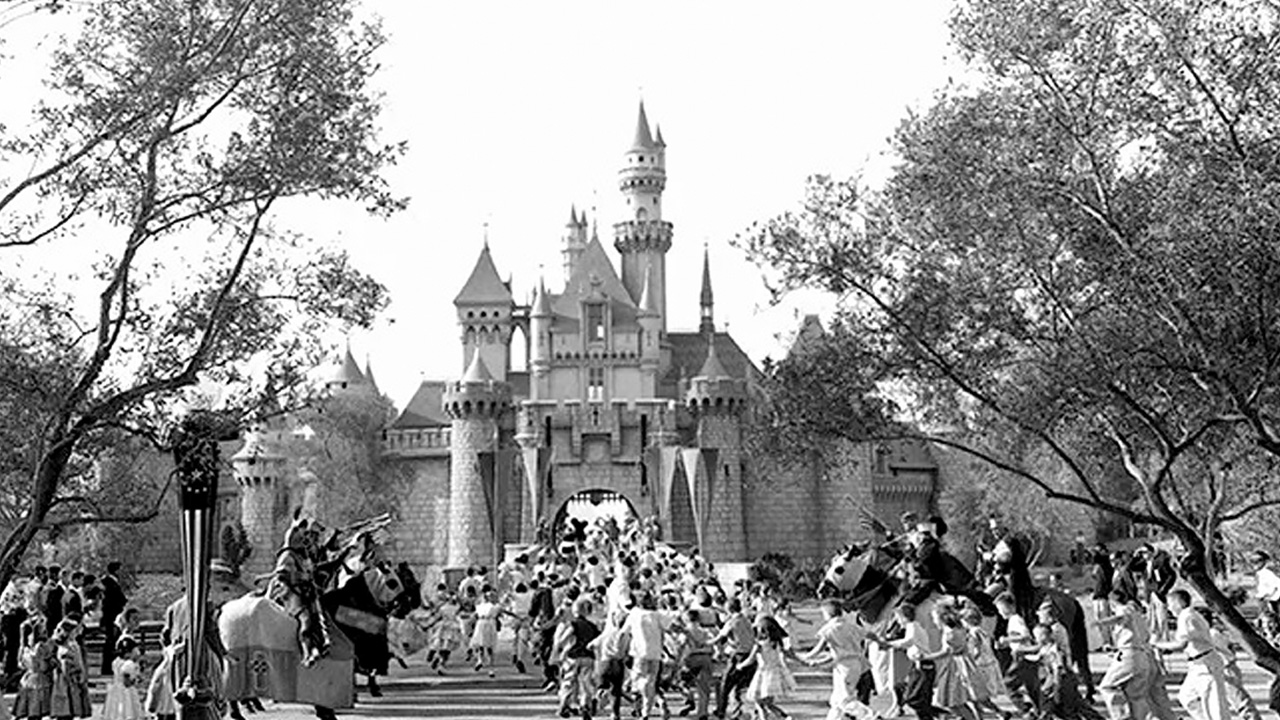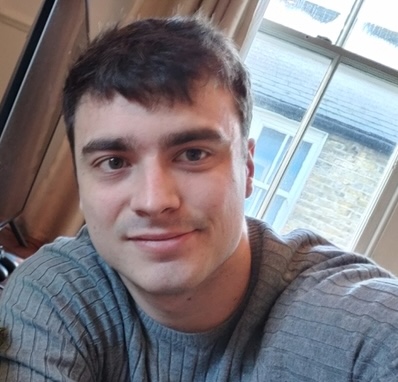The Billion Dollar Plan to Fix Paris’ Dirty Secret
- Youtube Views 747,043 VIDEO VIEWS
Video narrated and hosted by Fred Mills. This video and article contain paid promotion for LARQ.
THE SEINE is the world’s most romantic river. The star of countless films and even more love stories. You wouldn’t be able to tell by looking, but it has a rancid secret.
The Seine is heavily polluted with high levels of wastewater, sewage and even faecal matter. Swimming in the river puts you at risk of contracting E. coli and incurs a €15 fine. But that could be about to change.
The city of Paris is in the middle of a $1.5BN race to clean up the Seine in time for the Olympics and to make the world’s most romantic river swimmable for the first time in over a century.
But is it really possible to engineer a clean river that flows through a megacity of 11M people?

Above: The massive water treatment facility that will clean the Seine.
The mayor’s office has stated they will have 26 pools on the Seine by 2025 open for the French public.
These areas are modelled on the successful “swimming holes” that have already been created on the Bassin de la Villette in northeastern Paris.
These river “pools” are then set at varying depths — 1.2 metres for amateur swimmers, two metres for those who want to do laps, and 40-centimetre paddling pools for children.
Water quality is monitored daily and the premises are disinfected every two hours.

Above: The Olympic pools will be modelled off the swimming holes on the Bassin de la Villette in northeastern Paris. Courtesy of Sortirapaps.
Below: The location of Olympic events.

The plan is to bring this approach to the Seine, making it the centrepiece of the 2024 Olympic Games. The Pont de l’Alma bridge to the Trocadéro area will be reserved for the Olympic triathlon, freestyle swimming competitions and Paralympic events. The Opening Ceremony will also be held on the river, in a world first.
Once the Olympics are over, these 26 pools will relieve Parisians over the hot summer months and provide a free alternative to other venues or for those who can’t travel to French beaches.
Sounds easy. Even idyllic. Well, it isn’t. Beneath the surface of the Seine are high levels of metal and faecal bacteria, as well as 1.9M cubic metres of untreated wastewater. As horrible as it sounds, this is actually an improvement. 2022 saw a 90 percent reduction in pollution in the river.
To clean up the Seine is an engineering feat all on its own — one many don’t believe will even be possible, despite all the progress that’s been made in recent years.
A massive cleanup effort has already resulted in some 360 tonnes of stuff — including electronics, TV sets and even cars — being hauled out of the Seine every year.

Above: Lots of pollutants have already been removed from the river. Courtesy of France24.
The main challenge now comes from the sky. Because of Paris’ outdated 19th-century sewer system, heavy rain and storms can flush large amounts of sewage into the river. This actually led to the temporary closure of the Bassin de la Villette pools in 2017.
Both legal and illegal wastewater is dumped into the river to avoid saturating the sewage system and causing it to flood when these big storms hit.
To prevent this, Paris has spent USD $1.5BN constructing a truly massive storage-treatment-return basin in Austerlitz.
It is the size of 20 Olympic swimming pools, measuring 50 metres wide and 34 metres deep. You could nearly fit the entire Statue of Liberty inside it, with just the top of Lady Liberty’s torch poking out of it.

Above: The water tank could nearly fit the Statue of Liberty.
Runoff from the rain will come here, instead of overwhelming the sanitation network. It will then be transported through a tunnel next to the Austerlitz train station and the 350-year-old Pitié-Salpêtrière University hospital beside it to a downstream treatment plant, then back into the river.
In 2022, experts measured the levels of faecal bacteria at the planned locations for the Olympic events and found that 90 percent of samples were already clean enough for swimming.
The hope is that this giant rainwater tank diverts enough of the sewage that the river becomes clean enough for people.
So why aren’t Parisians aren’t donning their bathing suits just yet? The city’s mayor, Anne Hidalgo, made an election promise that the river would be clean.
But this isn’t the first time a politician has made such a pledge. Jacques Chirac, the former prime minister, declared in 1990 that this would be done by 1993 and thirty years later Paris is still trying to make it happen.

Above: There is no "Plan B". Olympic events will be held in the river either way.
While some test events have already been held in preparation for the Olympics, some events had to be cancelled because high levels of E.coli bacteria were detected.
Despite these mishaps, Paris is still on track as far as the Seine’s water quality is concerned. Samples taken June 6 and July 19 for a 2023 triathlon event showed safe levels for swimming, according to specifications set out by the World Health Organization.
Organisers have said there is no Plan B when it comes to Olympic events later this year. Hell or high water, they will be held in the Seine.
The Olympics are also crucial to getting Parisians in the water. With the river being too polluted to swim in for over a century, many are sceptical about taking a dip. A high publicity event like the Olympics will go a long way to convincing people it’s safe.

Above: The massive water treatment facility under construction.
The rest of the world also has their eyes on the cleanup project. With the spotlight of the Olympics this could persuade other cities to depollute their own rivers.
Zurich and Munich have successfully cleaned theirs already while Berlin and Amsterdam are taking inspiration and starting their own projects.
Los Angeles, which will host the 2028 Games, has sent water and sanitation officials to Paris to study the cleanup.
Cleaning up the Seine will also go a long way to preventing the further pollution of the Marne and Oise rivers, which it connects to. It could have profound knock-on effects for the French environment.
Time will tell how successful this mission is, but there is precedent. Afterall, the first Paris Olympics in 1900 held events in the river. The world’s most romantic river could be returned to the people very soon.
Video narrated and hosted by Fred Mills. Additional footage and images courtesy of 20th Century Fox, France24, Sortirapaps, Paris Olympics 2024 andWorld Triathlon.
We welcome you sharing our content to inspire others, but please be nice and play by our rules.








